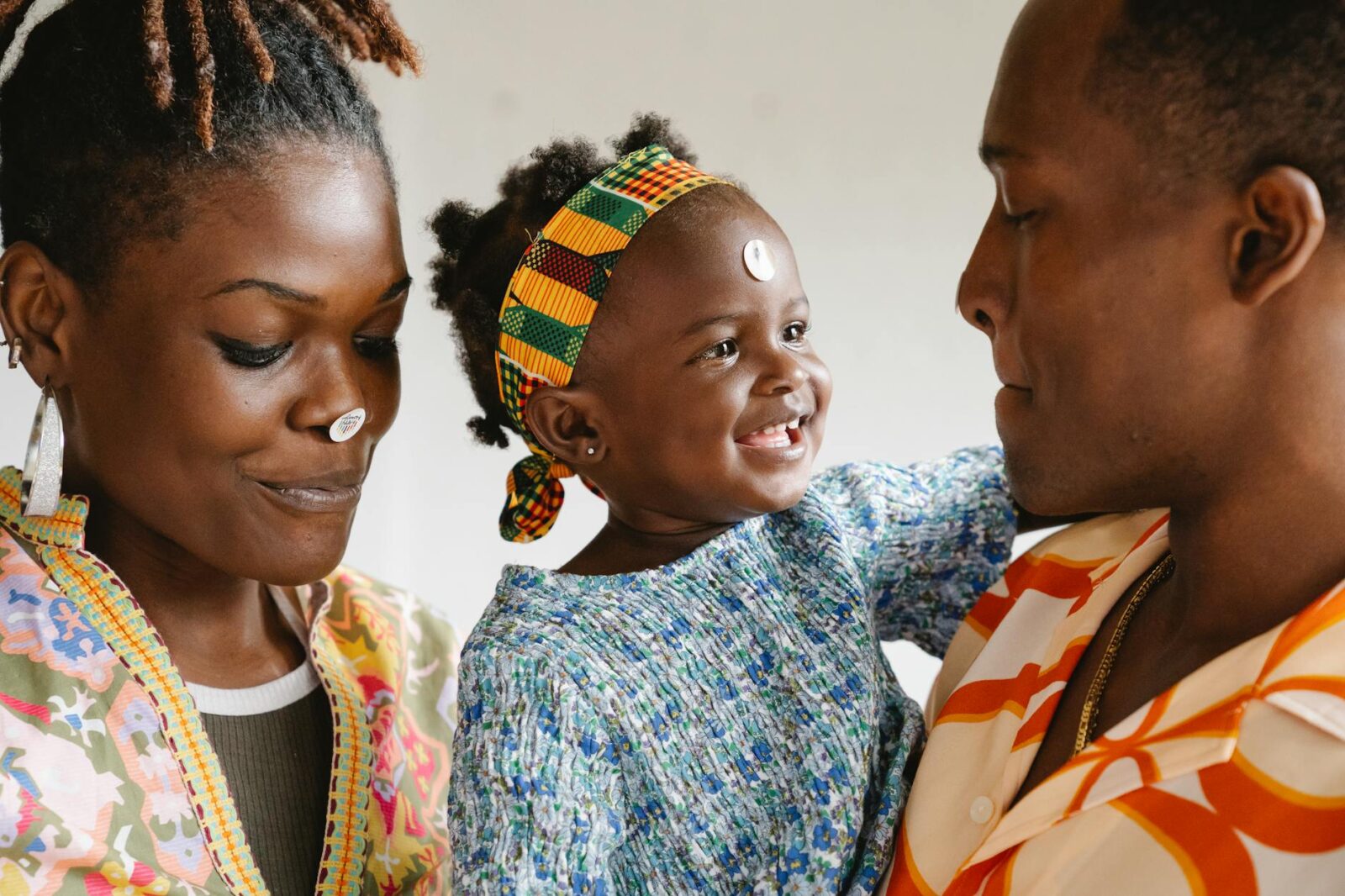
John Wills Njoroge is a psychotherapist and social diagnostician who…
Read Next
Have you heard the fascinating story of a student whose parents went above and beyond to celebrate their child’s completion of the KCSE exams? In a lavish gesture, they hired a helicopter to take the student on an exhilarating aerial adventure. To make the experience even more special to their desire, they also arranged for bodyguards dressed in military tactical clothing to accompany their child, adding an extra layer of excitement and security to the day as they made their final unexaminable statement. This unique celebration has sparked conversations about the lengths some parents will go to commemorate their children’s journeys.

Imagine the spectacle as the helicopter descended, capturing the attention of fellow students, teachers and onlookers alike. Meanwhile, another fortunate student was treated to the grandeur of a limousine, elegantly gliding away in style from their school assembly grounds. Such extravagant displays may elicit admiration and awe from adults, filling them with a sense of pride and joy. However, for other children in the same schools watching particularly those who are struggling to manage their belongings and navigate bustling public transport these ostentatious displays can leave them feeling disheartened and excluded.
Let’s explore some important considerations regarding this issue and the social impact:
Diminished Future Support Systems: When parents showcase their child’s accomplishments with lavish celebrations, they may inadvertently limit the child’s ability to forge lasting, supportive relationships. A child who becomes accustomed to a life of luxury might find it challenging to connect genuinely with their peers, who do not share the same experiences. This isolation may impact their ability to seek and accept help from others in the future.
Unrealistic Expectations: Introducing a lifestyle filled with luxury can set unattainable standards for children. When they become familiar with being treated as if they are royalty, they might struggle to adjust when faced with the normal challenges of life. This discrepancy can lead to feelings of inadequacy, anxiety, and a constant striving for a level of living that may not be sustainable in the long term.
Creating a Sense of Superiority: Elevating your child to a place of prominence among their peers can foster a sense of superiority rather than humility. When children perceive themselves as above others due to material accomplishments or ostentatious displays, they may find it difficult to cultivate empathy and compassion. This can create a divide in their social interactions, leading to superficial connections rather than meaningful relationships nurtured by mutual understanding and shared experiences.
It’s essential to create an environment that fosters connectivity rather than isolation. The profound power of humility cannot be overstated; it serves as a foundation for building unity and encouraging support among peers. Celebrating prosperity is beautiful, yet it is crucial to ensure that such celebrations do not outpace the need for wisdom, compassion, and awareness of those around us.
An active consciousness allows individuals to remain grounded in their humanity rather than be defined by external accolades or material success. When we stay present and attentive to our actions and their consequences, we acknowledge that the true catalysts for social stability are meaningful knowledge and real human connections. While staying aware can sometimes feel daunting or uncomfortable, it is an experience that enriches our lives and the lives of those we engage with.
Moreover, let’s examine a pressing social issue: the emotional neglect faced by children in today’s competitive world. As adults occasionally prioritize status and display over empathy and understanding, we risk overlooking the emotional needs of the younger generation. Emotional neglect can have damaging effects on a child’s self-esteem and mental well-being. When children are made to feel like their emotions are insignificant or unworthy of attention, the repercussions can echo throughout their lives, leading to difficulties in forming healthy relationships and coping with challenges in adulthood.
Consider the implications of undertaking grand gestures at your child’s school, such as extravagant pickups or celebrating achievements in a showy manner, without considering how these actions affect the emotional landscape for others. In the current economic climate, it’s easy to make the assumption that every family is flourishing. Yet, many families find themselves grappling with financial instability, and some even face losing their homes.
A child’s sense of safety and security is vital for their healthy development and willingness to explore the world around them. This sense of safety primarily stems from the love, attention, and care bestowed upon them by parents and caregivers. However, sending bouncers or armed bodyguards to escort your child from school sends a conflicting message. Instead of fostering an atmosphere of comfort and security, such actions may increase anxiety among other children. It is concerning that while many public venues are working to limit firearm access for safety reasons, schools often remain vulnerable to threats, which can undermine the overall sense of security for all students.
Being part of a supportive and nurturing community is essential for a child’s holistic development. Feeling a sense of belonging not only enhances a child’s social skills but also significantly boosts their self-esteem and provides a robust support network. These connections allow children to learn valuable interpersonal skills, build meaningful relationships, and feel integrated into something larger than themselves, contributing to their development into well-rounded individuals with healthy self-images.
The well-known saying “It takes a village to raise a child” highlights the belief that a child’s upbringing flourishes when the entire community participates in their growth not solely the parents. However, as adults, we often risk overshadowing the needs of our children in our pursuit of status and success, competing with one another to showcase wealth and accomplishments. In doing so, we may inadvertently fail to prioritize our children’s emotional well-being, which is fundamental to their long-term happiness and stability.
Subscribe now for updates from Msingi Afrika Magazine!
Receive notifications about new issues, products and offers.
What's Your Reaction?
 PIN IT
PIN ITJohn Wills Njoroge is a psychotherapist and social diagnostician who assists individuals and teams clarify their purpose in life and create a philosophy of their existence and work. He is co-founder of Lead Global Impact, an organization that builds the leadership capacity of primary and high school children and youth in Kenya. He is the author of ‘Father to Son’, a manual designed for fathers to better understand their sons and relate more effectively with them, and ‘Brave Hearts Leadership Program’ a manual that has been used widely to train boys as responsible leaders. Among many other leadership roles, he is consulted and contributes to shaping narratives on youth matters and social justice in Kenya’s mainstream media.





















